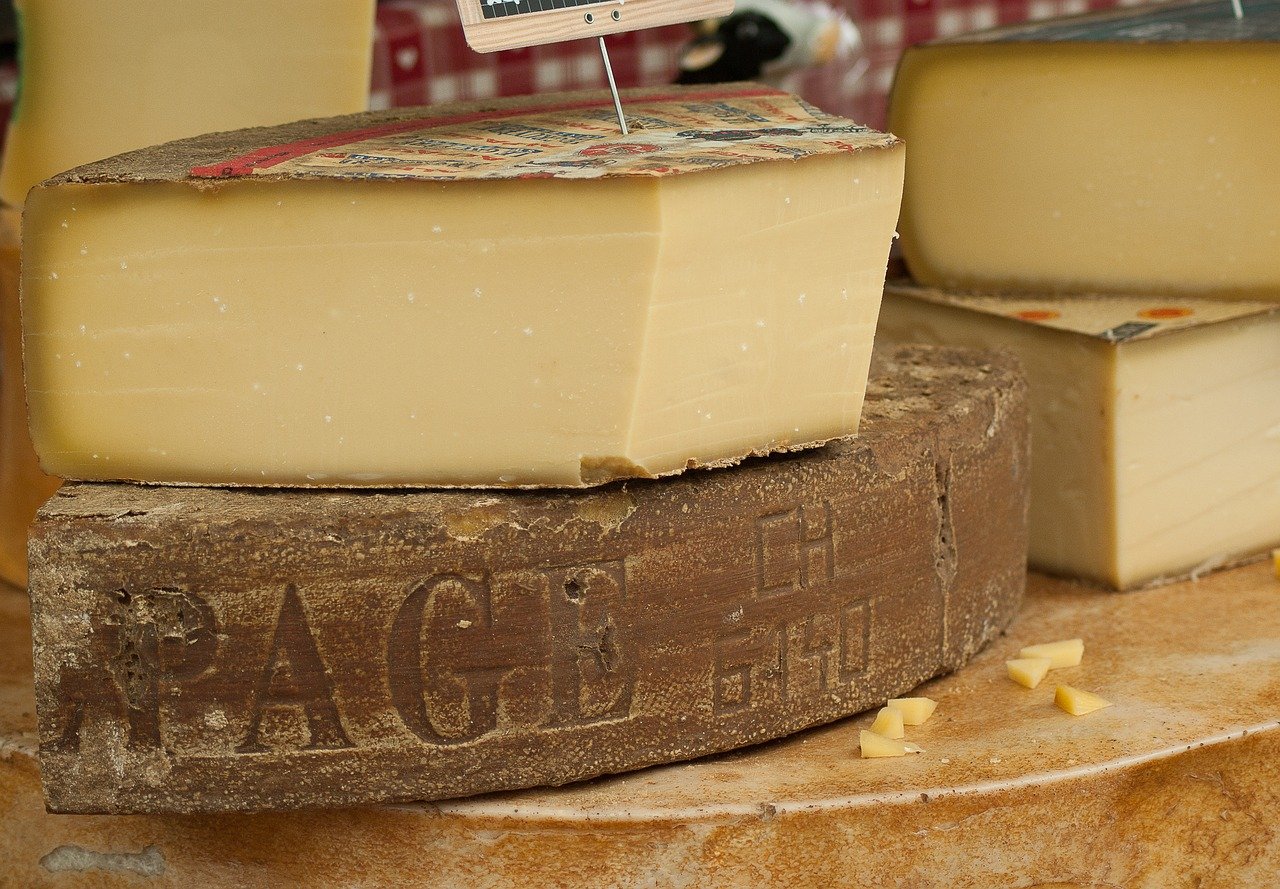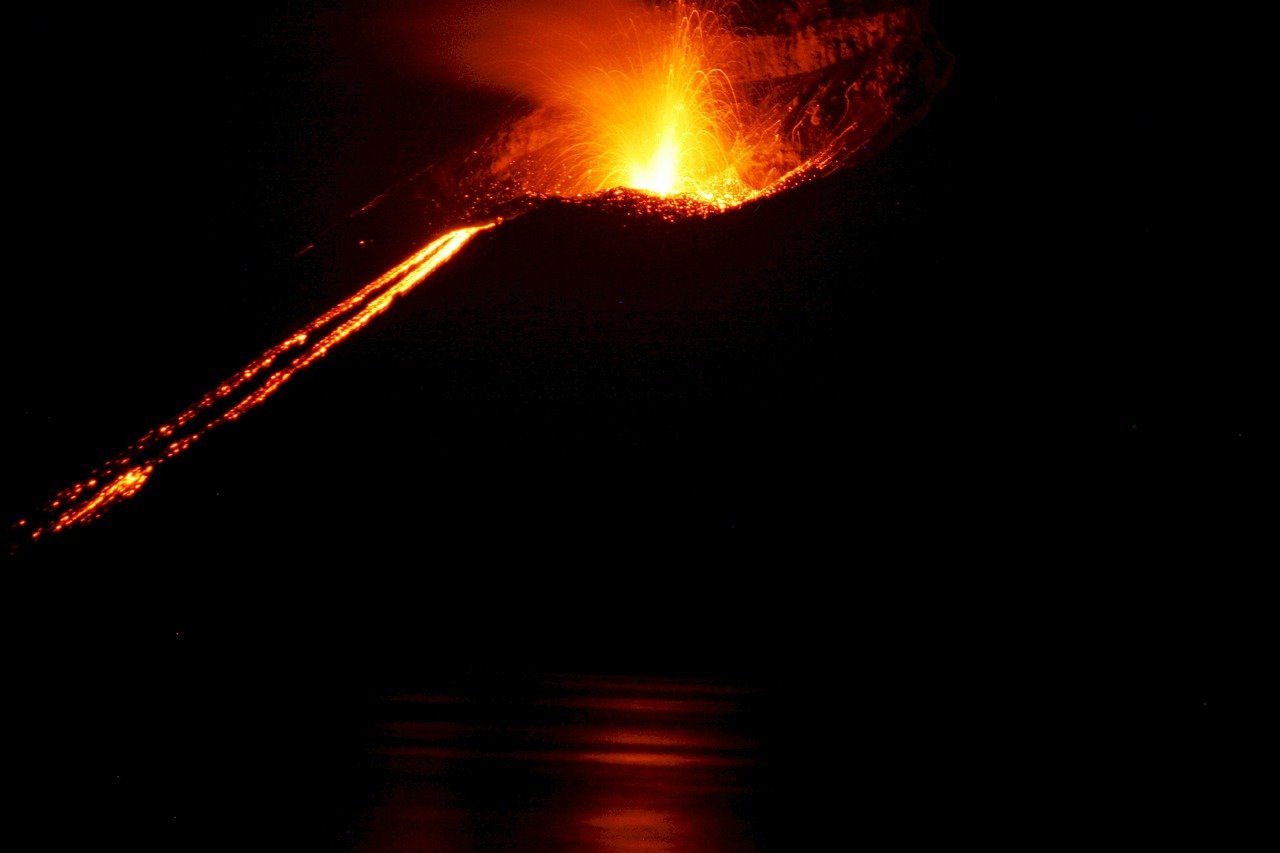
If you found a news story involving a person named Beat Wampfler, it should not be a surprise to discover that it was a story about music. That would be a perfect name for a percussionist, wouldn’t it? However, he’s not a musician (it least not professionally). Beat Wampfler is a Swiss cheesemaker.
But by pegging him as a musician, you would not have missed the truth totally, because this is a news story about both music and cheese. And nearby in my news feed is a separate story about playing sound waves for bees and fish. Cheese, bees, fish…what do all of these have in common?

All told, in this week’s news items, these “scientists” have been hard at work. If you’d rather that smart scientists use their expertise to address global climate change and pollution, fight hunger, alleviate poverty, or cure cancer, I have one more bit of news for you. Not every scientific study is geared towards bettering the world. There are some head scratching, head banging, mind boggling, and hand wringing studies that may have some foggy application to real life, but otherwise make me wonder if the people carrying them out are wasting their talents.
The Fish and the Bees
Let’s start with a discussion of the fish and the bees. Thanks to technology, scientists bridged the communication gap between two very different kinds of animals. Using robotic stand-ins with both communities, a group of fish and a group of bees communicated with one another and reached a shared conclusion. How’s that for consensus and collaboration?
The bee robots vibrated, made air movements, and changed temperature, while the fish robot could change its color, shape, and movement. By emitting certain signals, these robots coerced both bees and fish to adapt their behaviors in a space of about 25 minutes. The fish started to school, grouping together more tightly in response to the signals, while the bees swarmed around a robotic terminal on a vibrating table.

At first glance, this seems like a giant freaking waste of scientific resources. But luckily, there could be some future application. For example, after fine-tuning their approaches, perhaps scientists can broadcast signals to certain animal species to tell them to stay away from a specific area where there is danger (such as pesticides or other human activity). So I won’t write off this study completely, despite having questions about its overall utility.
The Cheese
From slash, splash, and buzz, buzz, we move onto a study about playing music to cheese and then determining which cheese tastes the best. Worthless waste of resources? Probably. But the idea with this one is that the microorganisms on cheese may behave differently to different sound waves. And perhaps that has some application either in the industry or in teaching us how sound can best be used to help control certain things (perhaps even disease).
Swiss scientists (and the cheesemaker Beat Wampfler) played different kinds of music to wheels of Emmental cheese. They played Mozart, Led Zeppelin, and A Tribe Called Quest (ATCQ), plus had a control wheel of cheese that heard no music. 24 hours a day would freak me out, but the cheese and its microorganisms heard music constantly. The conclusion is that the control cheese (no music) was inferior to the musical cheese.

Specifically, the cheeses exposed to music had milder flavors than the cheese that had no music. And the wheel fed with hip hop from ATCQ was sweeter and favored most by the judges. "I like its flavor and so the hip-hop cheese was my favorite cheese ... rock 'n' roll and techno, there was not such a big difference," according to Beat Wampfler, as reported by National Public Radio (NPR).
The Ring Heard Round the World
If playing sounds to fish, bees, and wheels of cheese is not your cup of tea, then did you hear the ringing sound that encircled the globe late last year? At that time, there was a seismic event in the South Atlantic Ocean, in a chain of islands called Mayotte just off of Africa and near Madagascar. This seismic event rang the whole globe and was detected all over the world, yet no one actually heard it (unless you did).
What gives? Apparently, the strongest undersea volcanic event in recorded history may have occurred at that time as these Mayotte islands are rapidly being re-shaped by volcanic forces underneath the ocean.
Perhaps we can be thankful that it wasn’t making the kind of pop that Krakatoa did when it exploded in 1883. That boom was heard as far away as Western Australia and Mauritius; it was said that anyone nearby within a few miles would have been deafened. A 2018 explosion there also created a deadly tsunami, which is another tragic effect of seismic events at sea.

Scary stuff. I’d rather listen to the bees. And the fish. And maybe the cheese. Does it communicate, too?
References:
https://www.mnn.com/earth-matters/wilderness-resources/stories/what-caused-mysterious-seismic-wave-recently-wash-across-our-whole-planet
https://www.sciencetimes.com/articles/19100/20190324/scientists-bridge-the-communication-gap-between-fish-and-bees.htm
https://en.wikipedia.org/wiki/Krakatoa#Pre-1883_history
https://www.npr.org/2019/03/24/706344902/need-a-cant-miss-wheel-of-cheese-try-playing-it-some-hip-hop?utm_medium=RSS&utm_campaign=news
All images public domain. The carrot is a red herring. The volcano is above the water. The cheese pictured may not be Swiss. All errors, oversights, and omissions are mine and mine alone.
